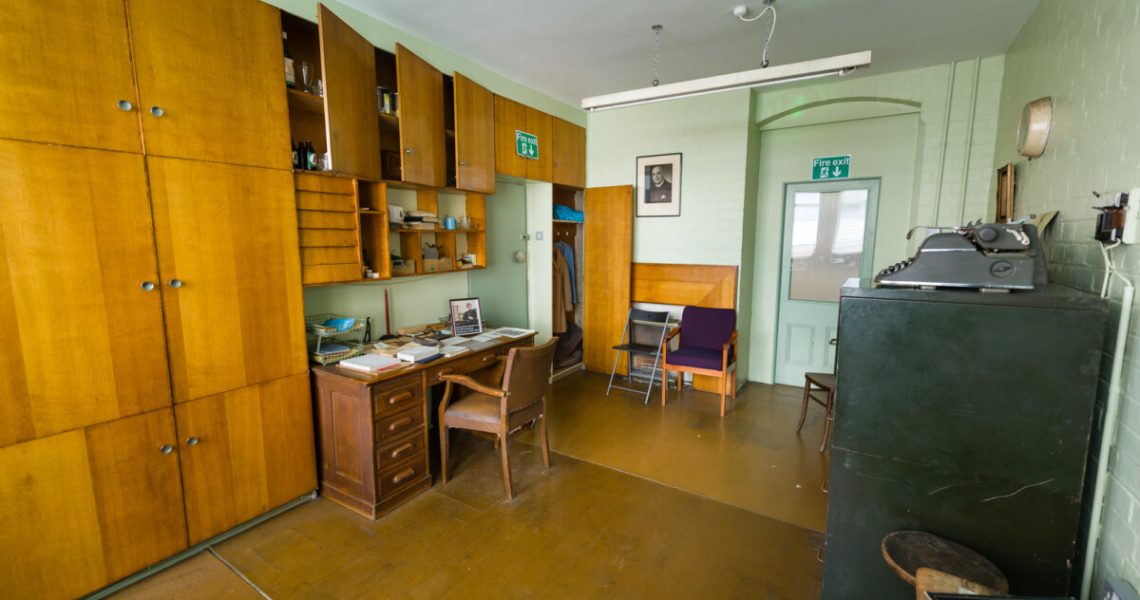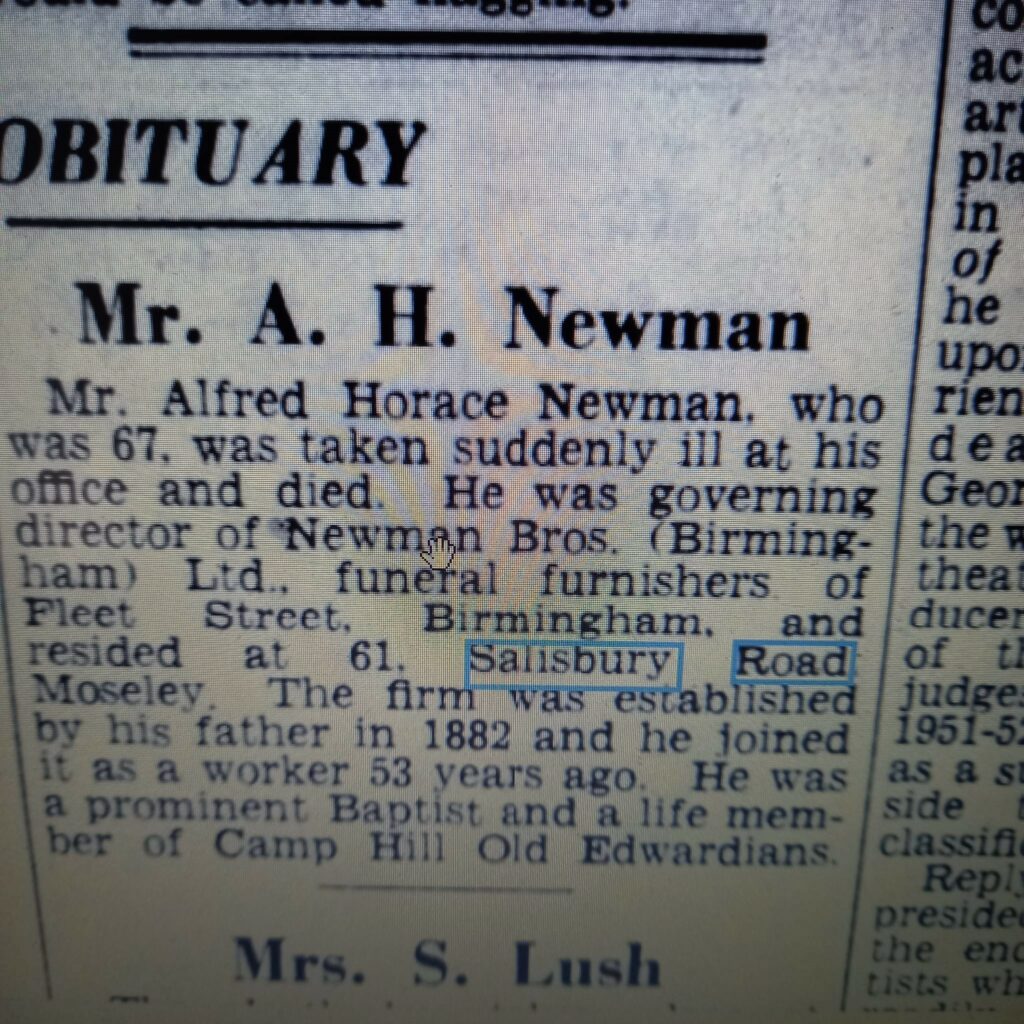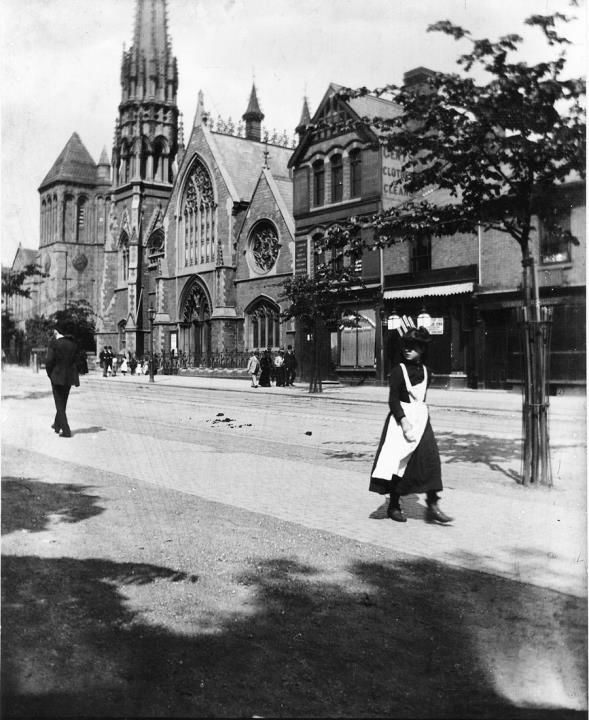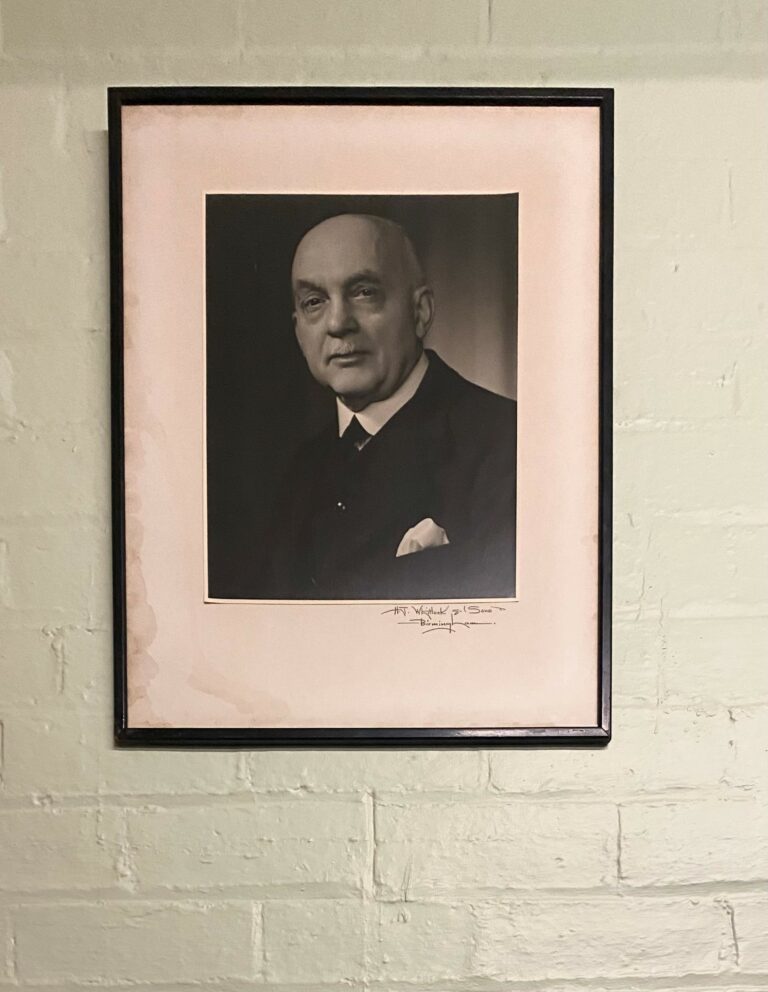We’re always hunting through the newspaper archives for information about Newman Brothers and occasionally we come across a gem!
Most days we spend hours trawling through records, but to no avail, and then occasionally it feels like there is very little effort involved in discovering new finds. This latest piece of information falls into the latter group.
Horace Newman’s Obituary in the Birmingham Post, 26th November 1952.
We recently found Horace Newman’s ‘death announcement’ in the Birmingham Post from 26th November 1952. From this we discovered that Horace was taken ill at his office at Newman Brothers and subsequently died later that day. From looking at Horace’s probate, we learned that he was actually taken to Selly Oak Hospital on 25th November, but died the same day.
Thanks to the newspaper article we learned even more new information about Horace, including the fact that he appears to have been a “prominent Baptist”, given that his funeral was at Wycliffe Baptist Church on Bristol Street in Birmingham.
St Luke’s and Wycliffe Baptist Churches, Bristol Street. Wycliffe Baptist Church is located in the centre of this photo. © Library of Birmingham.
The church cost £5,965 to build and was built of stone in an elaborate 14th-century style. It could accommodate 950 worshipers, and in 1892, it claimed a Sunday evening congregation of 332. By 1911, the church congregation numbered around 200 in 1911 and there were just 38 members in 1956, perhaps explaining why it finally closed its doors in 1961.
Image of Horace Newman hanging in the Newman Brothers’ office at the Coffin Works Museum.
An ‘Old Edwardian’
From the newspaper clipping, we can see that Horace Newman (in photo above) was also a ‘life member of Camp Hill Old Edwardians’, suggesting that he attended King Edward VI Camp Hill Grammar School. The school opened in 1883 in the Digbeth area of Birmingham, before it moved to Kings Heath in 1956 and The Old Edwardians Association was founded to “promote union and good fellowship among all old pupils of and others connected with the School”. The original school building still stands and is now home to The Bordesley Centre, a community building, housing a host of public facilities including a library, café and business centre.
Sarah Hayes, Museum Manager

